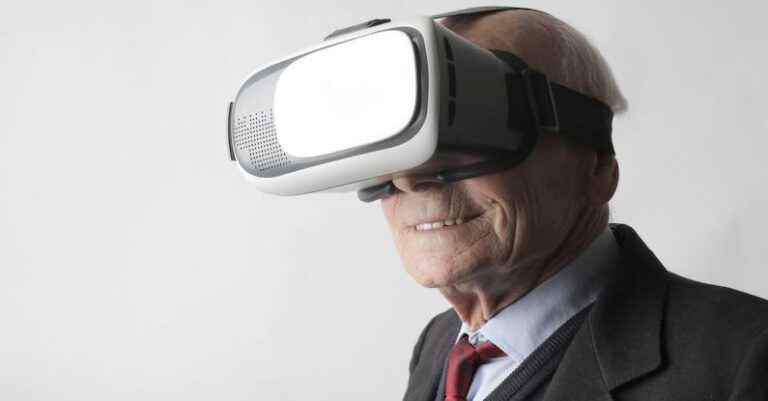When to Seek Help for Digital Addiction?
In today’s digital age, it’s becoming increasingly common for people to spend excessive amounts of time on their screens. Whether it’s scrolling through social media, playing video games, or binge-watching TV shows, many individuals find themselves glued to their digital devices for hours on end. While technology has undoubtedly made our lives more convenient and connected, there is growing concern about the potential negative effects of excessive screen time. In some cases, this behavior can even lead to digital addiction. But how do you know when it’s time to seek help for this problem? This article will explore the signs that indicate the need for professional assistance.
Escaping reality
One of the key signs that you may be struggling with digital addiction is when you use technology as a means to escape from reality. If you find yourself constantly turning to your digital devices as a way to avoid dealing with your emotions or problems in the real world, it’s time to take a step back and evaluate your behavior. Using technology as a coping mechanism can be a red flag for addiction and may indicate that you need professional help.
Neglecting responsibilities
Another clear indication that you may have a digital addiction is when you start neglecting your responsibilities in favor of spending time online. If you find yourself frequently missing deadlines, neglecting household chores, or neglecting your work or studies, it’s a sign that your digital habits are interfering with your daily life. Seeking help from a professional can assist you in developing healthier habits and priorities.
Relationship problems
Digital addiction can also take a toll on your relationships. If you find that you are constantly prioritizing your digital devices over spending quality time with loved ones, it may be time to seek help. Whether it’s canceling plans at the last minute to spend more time online or becoming irritable and distant when you’re away from your screens, these behaviors can strain relationships and require intervention to restore balance.
Physical and mental health issues
Excessive screen time can have a detrimental effect on both your physical and mental health. If you experience symptoms such as headaches, eye strain, difficulty sleeping, or a decline in overall physical well-being, it may be a sign that your digital habits are taking a toll on your body. Additionally, digital addiction can contribute to mental health issues such as anxiety and depression. Seeking professional help can provide you with the necessary support and strategies to improve your well-being.
Failed attempts to cut back
If you have tried to cut back on your screen time but have been unsuccessful, it’s a sign that you may need professional help. Digital addiction can be challenging to overcome on your own, and seeking assistance from a therapist or counselor who specializes in addiction can greatly increase your chances of success. They can provide you with the tools and strategies needed to break free from the cycle of excessive screen time.
In conclusion
Digital addiction is a growing concern in today’s society, and knowing when to seek help is crucial. If you find yourself constantly using technology to escape reality, neglecting responsibilities, experiencing relationship problems, or suffering from physical and mental health issues, it’s time to reach out for professional assistance. Remember, seeking help is a sign of strength, and with the right support, you can regain control over your digital habits and live a healthier, more balanced life.






